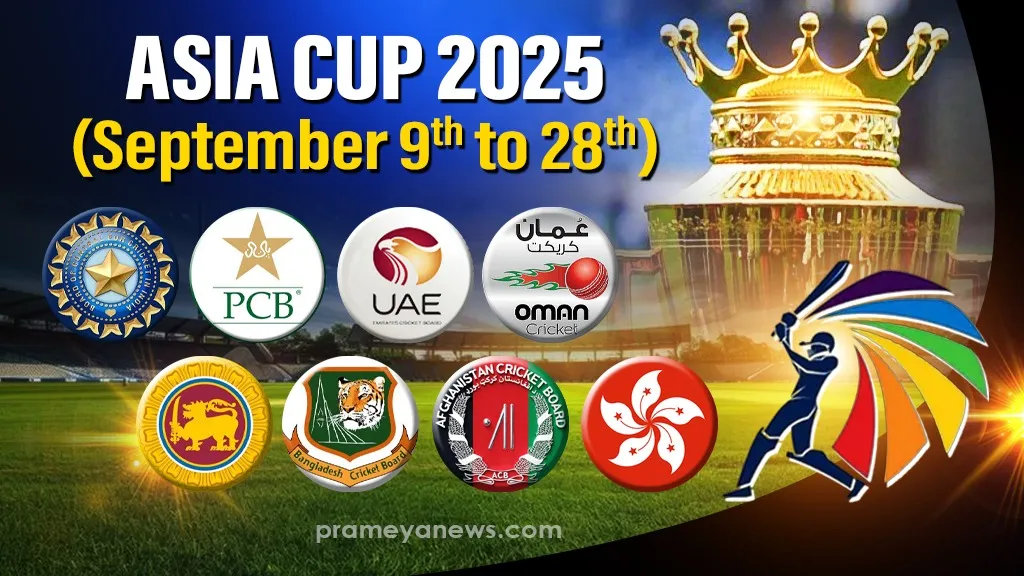

Pakistan Lodges Formal Protest After India's Politically Charged Handshake Snub
The fierce rivalry between India and Pakistan has erupted into a major diplomatic incident, moving from the cricket pitch to the boardroom of the Asian Cricket Council (ACC). The Pakistan cricket team has lodged a formal protest against the Indian players for refusing to shake hands before and after their Asia Cup match, a gesture Pakistan has decried as "unsporting and against the spirit of the game." The Indian side has defended its actions as a deliberate and powerful statement of solidarity with the victims of the Pahalgam terrorist attack, transforming a routine sporting custom into a potent political symbol.
 A Deliberate and Unprecedented Snub
A Deliberate and Unprecedented Snub
The tone for the contentious encounter was set at the very beginning, when Indian captain Suryakumar Yadav pointedly refused to shake hands with his Pakistani counterpart, Salman Ali Agha, during the toss. The gesture was repeated by the entire Indian team following their decisive seven-wicket victory, as they bypassed the customary post-match handshakes. The move, unprecedented in their modern cricketing history, was a clear and calculated decision. In his post-match comments, Yadav explicitly dedicated the win to the families of the victims of the Pahalgam attack and the Indian armed forces, stating, "I feel few things in life are ahead of sportsmen’s spirit also." Coach Gautam Gambhir echoed this sentiment, framing the victory as an act of solidarity, effectively confirming that the snub was a premeditated political statement.
Pakistan's Furious Reaction and Formal Complaint
The Indian team's actions were met with immediate and incensed reactions from the Pakistani camp. In a direct act of protest, captain Salman Ali Agha boycotted the post-match presentation ceremony, a customary duty for both skippers. The team management then escalated the issue by lodging a formal complaint with the ACC. In a statement, they condemned the Indian team's behavior as a violation of the "spirit of the game," a core tenet of the ICC's code of conduct which explicitly calls on players to "congratulate the opposition on their successes."
Adding another layer of complexity to the dispute, the Pakistani protest also reportedly includes a complaint against the match referee, Andy Pycroft. The Pakistan Cricket Board has alleged that Pycroft had advised their captain not to shake hands with Suryakumar Yadav at the toss, a claim that, if true, suggests an attempt by officials to manage a pre-existing tension that has now spiraled into a major controversy.
A Rivalry Redefined
This incident marks the first time the two arch-rivals have met on the cricket field since the deadly Pahalgam terrorist attack earlier this year, an event that has clearly cast a long and dark shadow over the relationship. The handshake, a simple and universal symbol of sportsmanship, has become the flashpoint for a much larger geopolitical conflict. While India sees its actions as a necessary stand for national honor, Pakistan views it as an unacceptable breach of sporting etiquette. The formal protest ensures that the consequences of this on-field political statement will reverberate long after the Asia Cup has concluded, potentially reshaping the very terms of engagement for one of the world's most-watched sporting rivalries.